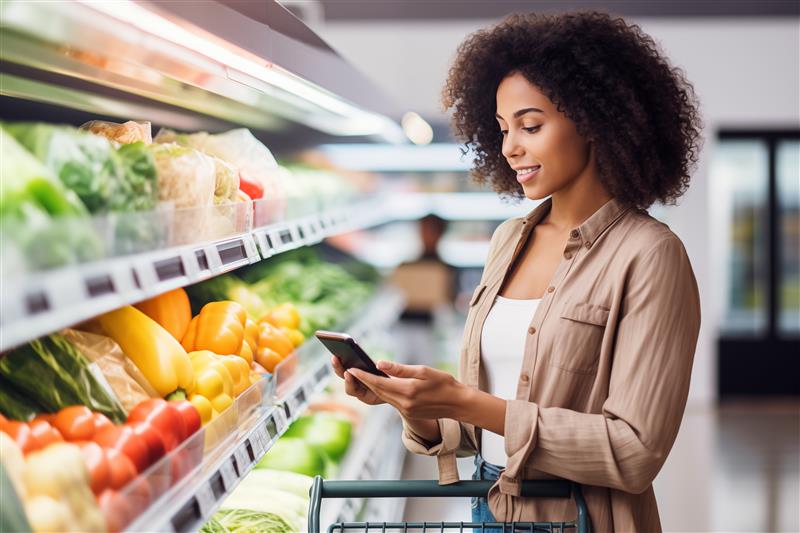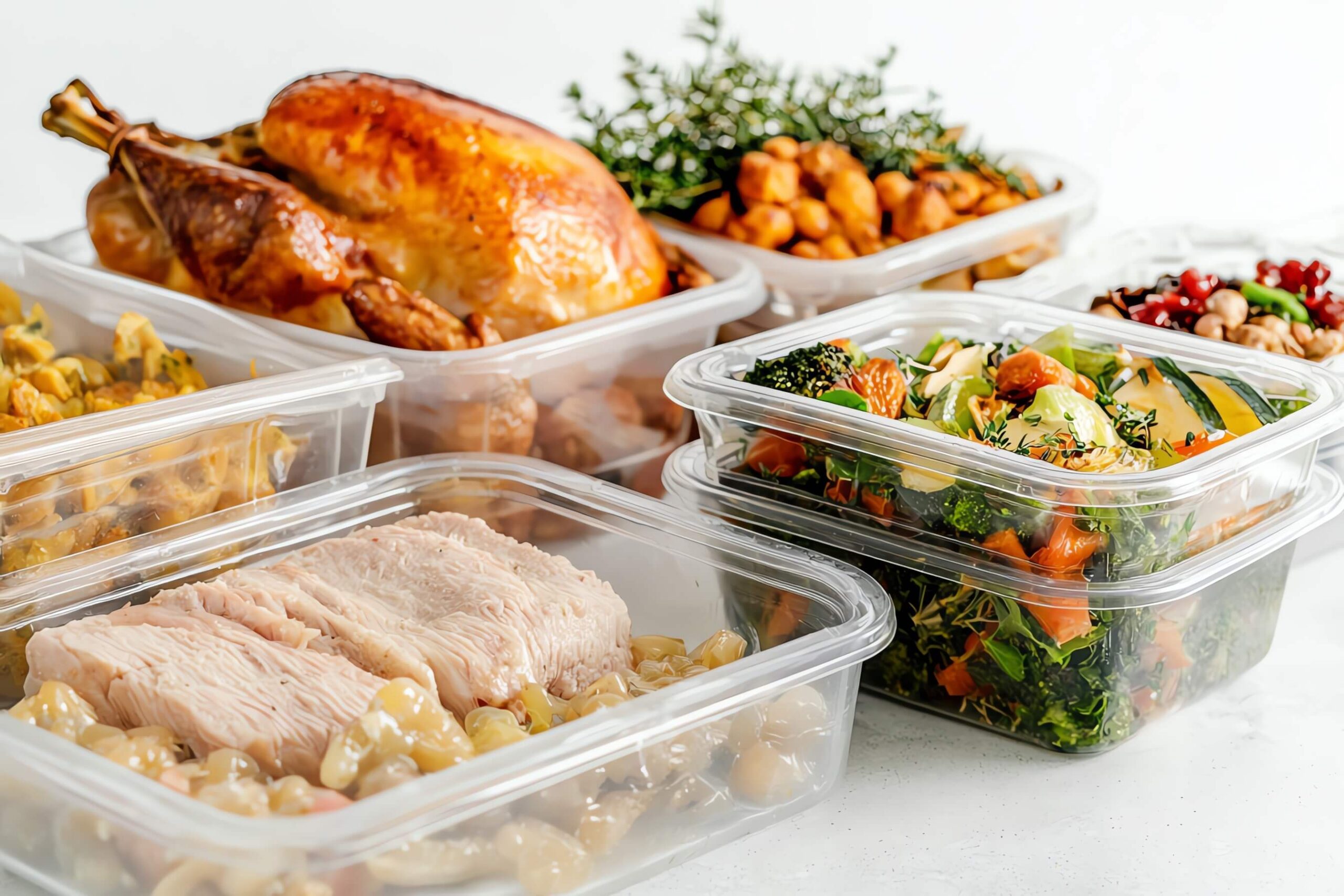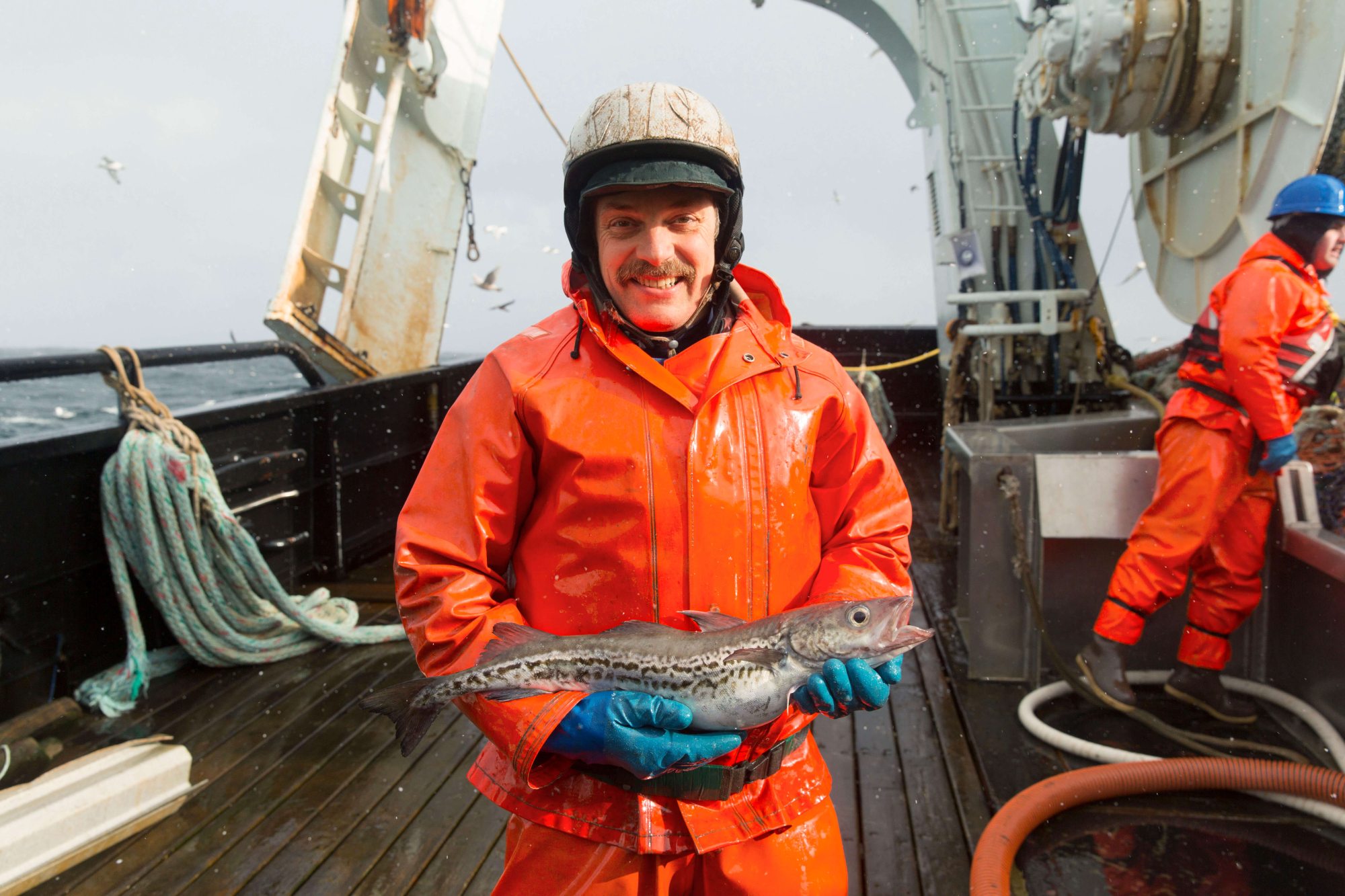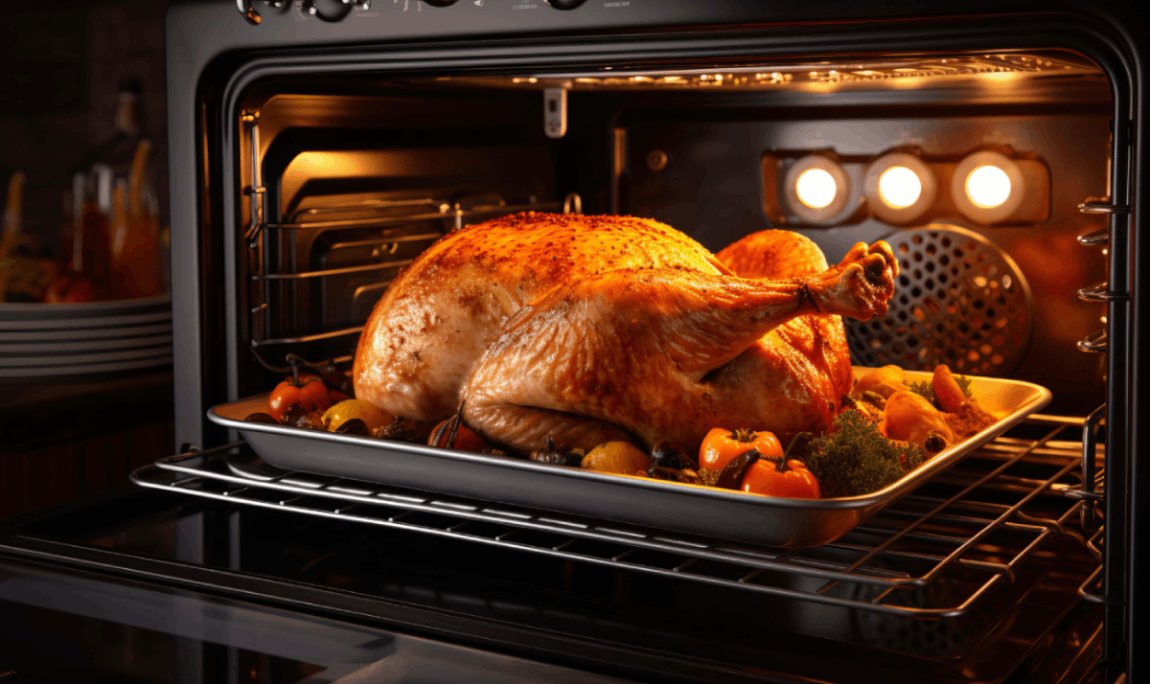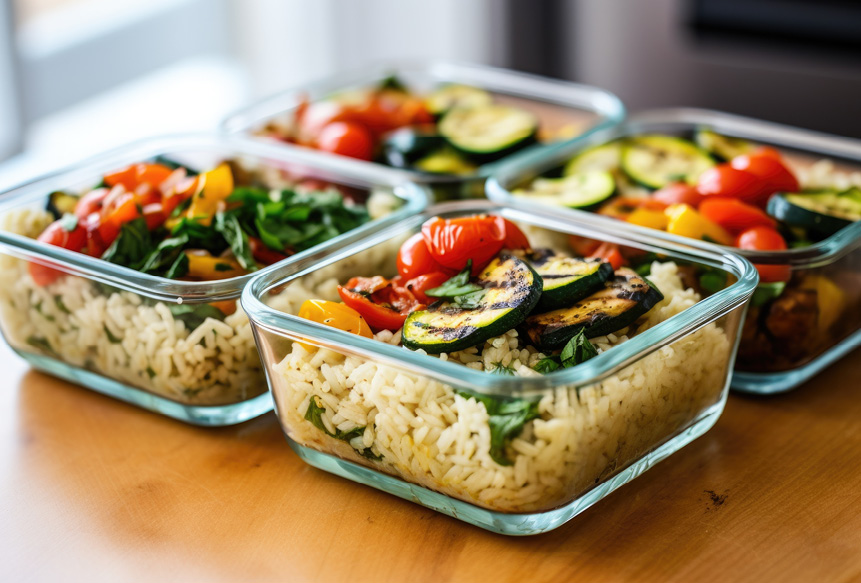Fairtrade benefits everyone. The Fairtrade Mark means the product complies with Fairtrade Standards. With every purchase of a Fairtrade product at Sobeys, you are empowering communities to invest in their future and receive a fairer price for their product. And that’s just the beginning!
From Fairtrade coffee and cocoa to flowers and bananas, we make supporting farmers across the globe an ethical and simple decision.
What is Fairtrade?
Fairtrade is the most recognized and trusted certification program, working towards a trade system focused on better prices, safe working conditions, local sustainability efforts, and fair terms for farmers and workers. Fairtrade is a global network of nearly 2 million farmers and workers in the Global South. When products have the Fairtrade Mark on them, it means that they meet rigorous social, economic and environmental standards, and they have been independently audited by third-party certification. By auditing farmers, workers, traders and companies, it ensures compliance with the international Fairtrade Standards.The Fairtrade Standards
A product with the Fairtrade Mark means the producers and businesses have met rigorous Fairtrade Standards. These Standards include economic, social, and environmental criteria to ensure the sustainable development of producer organizations.People come first
Consumers are a vital part of Fairtrade. Every Fairtrade product you choose or campaign you support, empowers farmers and workers to invest in their lives and take more control of their future. Small-scale farmers and workers, while crucially important to our food systems, are often overlooked by the global trade system. Being a Fairtrade partner this means accessing fundamental labour rights for workers (as defined by the International Labour Organization) such as: decent working conditions, freedom of association, occupational health and safety. In addition to this, employment contracts which include strict health and safety standards must be implemented. Child and forced labour, as well as gender-based discrimination is not permissible under these contracts. A further step: producer and labour groups must provide programs in favour of disadvantaged minorities.Fairtrade is about fairer prices for producers
Some Fairtrade products, such as coffee, bananas, and cocoa, are purchased at farm level at a guaranteed Fairtrade Minimum Price that covers the costs of sustainable production and allow producers, workers, and their families to live with dignity. The Fairtrade Minimum Price acts as a safety net so that even when market prices drop, producers of coffee, bananas, and cocoa receive at least the Fairtrade Minimum Price. Buyers also pay a Fairtrade Premium to Small Producer or Hired Labour Organizations, which can be invested in the development of their businesses or in social projects benefiting farmers, workers, their families, and communities.Through Fairtrade, we aim to protect the environment
In addition to social and economic benefits, Fairtrade farmers follow Environmental Standards. Through training, sustainable farming tools, or waste management, Fairtrade farmers and workers are supported to adapt to this changing climate, and can help mitigate other major environmental problems like biodiversity loss, soil degradation, the use of harmful chemicals, and unsustainable water usage.Sobeys Inc. is on a journey to expand the Fairtrade assortment
In 2011 Sobeys banners launched a Fairtrade flower program in Ontario stores, making it the first national grocery retailer to offer this program. Followed suite the offer of Fairtrade bouquets from Kenya, as well as the new FSI label, offering the best of locally grown combined with Fairtrade flowers from Ecuador. In 2014, Fairtrade Organic Bananas launched in Quebec stores, and then nationally. By 2018, was launched Compliments Organic Fairtrade coffee and Compliments Organic Fairtrade chocolate in 2019, allowing for fairer options to consumers, and higher awareness for the provenance of fruits, coffee, and chocolate. Other milestones:- In 2014, Fairtrade Organic Bananas launched in IGA Quebec, making it one of the first major Canadian banners to offer Fairtrade bananas.
- In 2016, Farm Boy Ontario rolled out its Fairtrade Organic Banana program.
- And now, the launch of Fairtrade bananas nationally

Fairtrade products
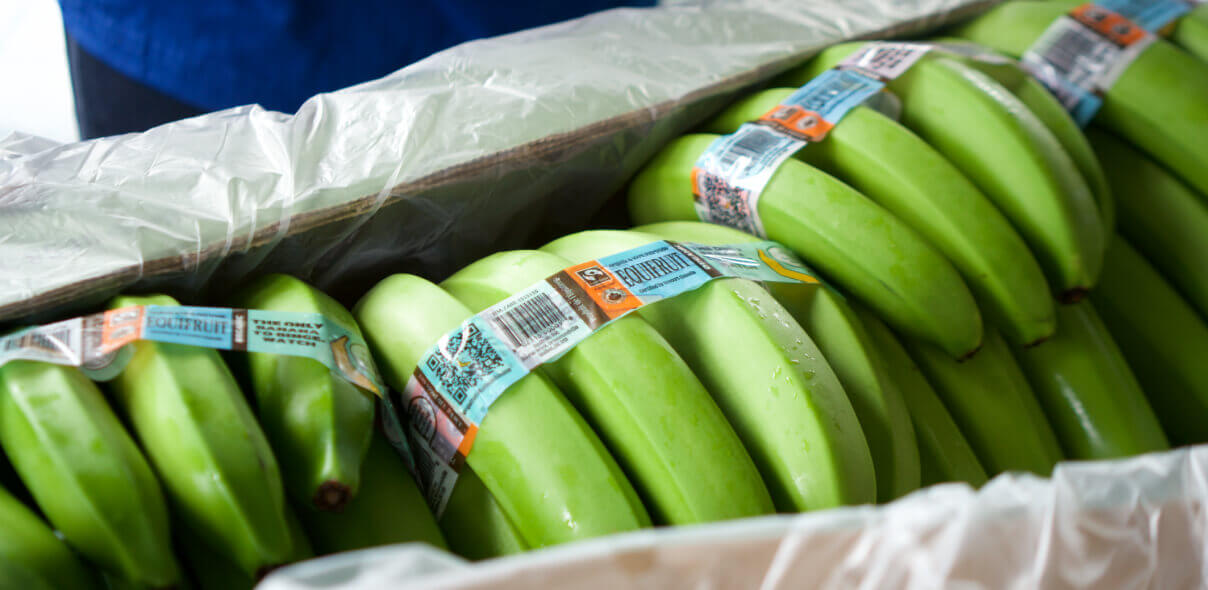 Bananas are a staple food for millions of people, and a major export that is critical to global economies.
Bananas are a staple food for millions of people, and a major export that is critical to global economies.
Choosing Fairtrade bananas makes a difference
The banana industry is labor-intensive and demanding. Climate change and plant diseases threaten yields, and the quick-ripening fruit requires significant infrastructure to harvest and transport. These factors, along with low, competitive prices, put banana producers in a bind. Sobeys supports Fairtrade’s dedication to improving banana worker’s lives through the Fairtrade Base Wage. Launched in 2021, the base wage is set at 70% of the living wage in the country they work in, ensuring banana farmers receive this base wage regardless of the country’s legal minimum wage. Fairtrade aims to continue closing the gap until all banana workers earn a Living Wage. In addition, Fairtrade bananas are purchased at the Fairtrade Minimum Price. Consumers who buy Fairtrade bananas play a key part – the higher the sales, the more the benefits for producers accrue.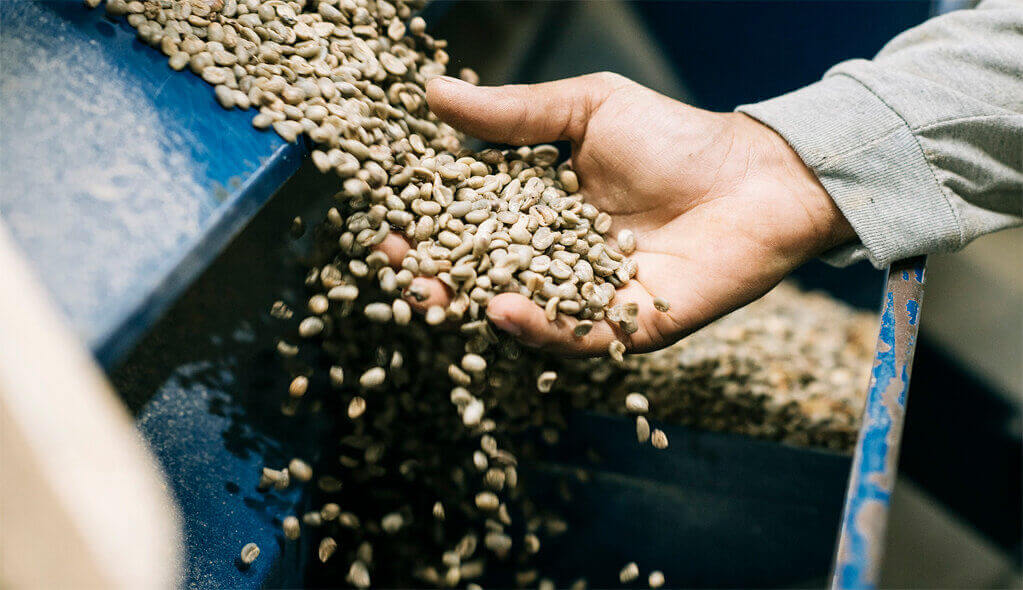 Did you know Fairtrade coffee is the most globally recognized Fairtrade product? While an estimated 1.6 billion cups of coffee are brewed every single day, the 125 million people who depend on coffee for their livelihoods are unable to earn a reliable living from this valuable crop.
Did you know Fairtrade coffee is the most globally recognized Fairtrade product? While an estimated 1.6 billion cups of coffee are brewed every single day, the 125 million people who depend on coffee for their livelihoods are unable to earn a reliable living from this valuable crop.
Choosing Fairtrade coffee makes a difference
Currently, there are 656 Fairtrade certified coffee producer organizations. As Fairtrade partners, their wages are guaranteed through the Fairtrade Minimum Price. This means stability for the producers and their families, investment in the future, and security when extreme weather events disrupt coffee production. In addition to crucial wage management, Fairtrade coffee farmers benefit from the Fairtrade Premium. The Fairtrade Coffee School trains coffee farmers with new business practices in an effort to evolve their business and build new relationships. All Fairtrade certified coffee organizations can nominate up to two participants to take part in the online, interactive school that takes place anywhere from Colombia, Ethiopia or Vietnam. Fresh and beautifully scented flowers always create a reaction. Make them Fairtrade and you’ll contribute to working conditions that are safe for the thousands of workers on flower farms.
Fresh and beautifully scented flowers always create a reaction. Make them Fairtrade and you’ll contribute to working conditions that are safe for the thousands of workers on flower farms.
Choosing Fairtrade flowers makes a difference
In 2020, 944 million stems were sold globally on Fairtrade terms. Fairtrade flowers provide decent working conditions, improved wages, leadership skills, and training for flower workers. Of the 73,000 farm workers on 74 Fairtrade-certified flower farms, approximately half are women. When you buy Fairtrade flowers, you are participating in generating a Fairtrade Premium where 81% is invested in education, financial and healthcare services for the workers and their families. Cocoa, or chocolate, is one of the world’s most beloved treats. The working conditions of cocoa producers, most prominent in West Africa, however, is fraught. Fairtrade works to curtail child labour, unjust wages and unsafe working conditions for cocoa producers around the world.
Cocoa was first Fairtrade certified in 1994 and has since become one of the most popular products. When you choose to buy Fairtrade cocoa, you’re supporting initiatives that secure better living standards for cocoa farmers.
Cocoa producers are paid the Fairtrade Minimum Price for their goods which protects them against economic changes if market prices drop. Thanks to the Fairtrade Premium, they can invest in replacing and improving old trees, better storage and transport, and improved business production. Fairtrade enables smallholder farmers to organize into cooperatives and small producer organizations empowering farmers to negotiate better and fairer work processes.
Cocoa, or chocolate, is one of the world’s most beloved treats. The working conditions of cocoa producers, most prominent in West Africa, however, is fraught. Fairtrade works to curtail child labour, unjust wages and unsafe working conditions for cocoa producers around the world.
Cocoa was first Fairtrade certified in 1994 and has since become one of the most popular products. When you choose to buy Fairtrade cocoa, you’re supporting initiatives that secure better living standards for cocoa farmers.
Cocoa producers are paid the Fairtrade Minimum Price for their goods which protects them against economic changes if market prices drop. Thanks to the Fairtrade Premium, they can invest in replacing and improving old trees, better storage and transport, and improved business production. Fairtrade enables smallholder farmers to organize into cooperatives and small producer organizations empowering farmers to negotiate better and fairer work processes.
Here are more stories you might be interested in
View allEmpire Company Limited and FoodHero Team Up to Fight Food Waste
November 7, 2024
Waste Reduction
The FoodHero app offers deals on grocery store products
Read the story
10 Ways to Use Your Leftovers
October 11, 2024
Waste Reduction
Transforming kitchen scraps into delicious new dishes is a
Read the story
How to Make a Seafood Platter
January 30, 2024
Sourcing Sustainably
Tide-to-table freshness is a grocery list option this holiday
Read the story
How to Use the Whole Turkey
January 17, 2024
Waste Reduction
Discover creative ways to utilize every part of the turkey. From
Read the story
Energy-Efficient Strategies for Cooking
November 27, 2023
Waste Reduction
Starting in the kitchen, families have a great opportunity to
Read the story
Eco-Friendly Kitchen Ideas
November 20, 2023
Waste Reduction
Creating an eco-friendly kitchen requires integrating simple
Read the story
